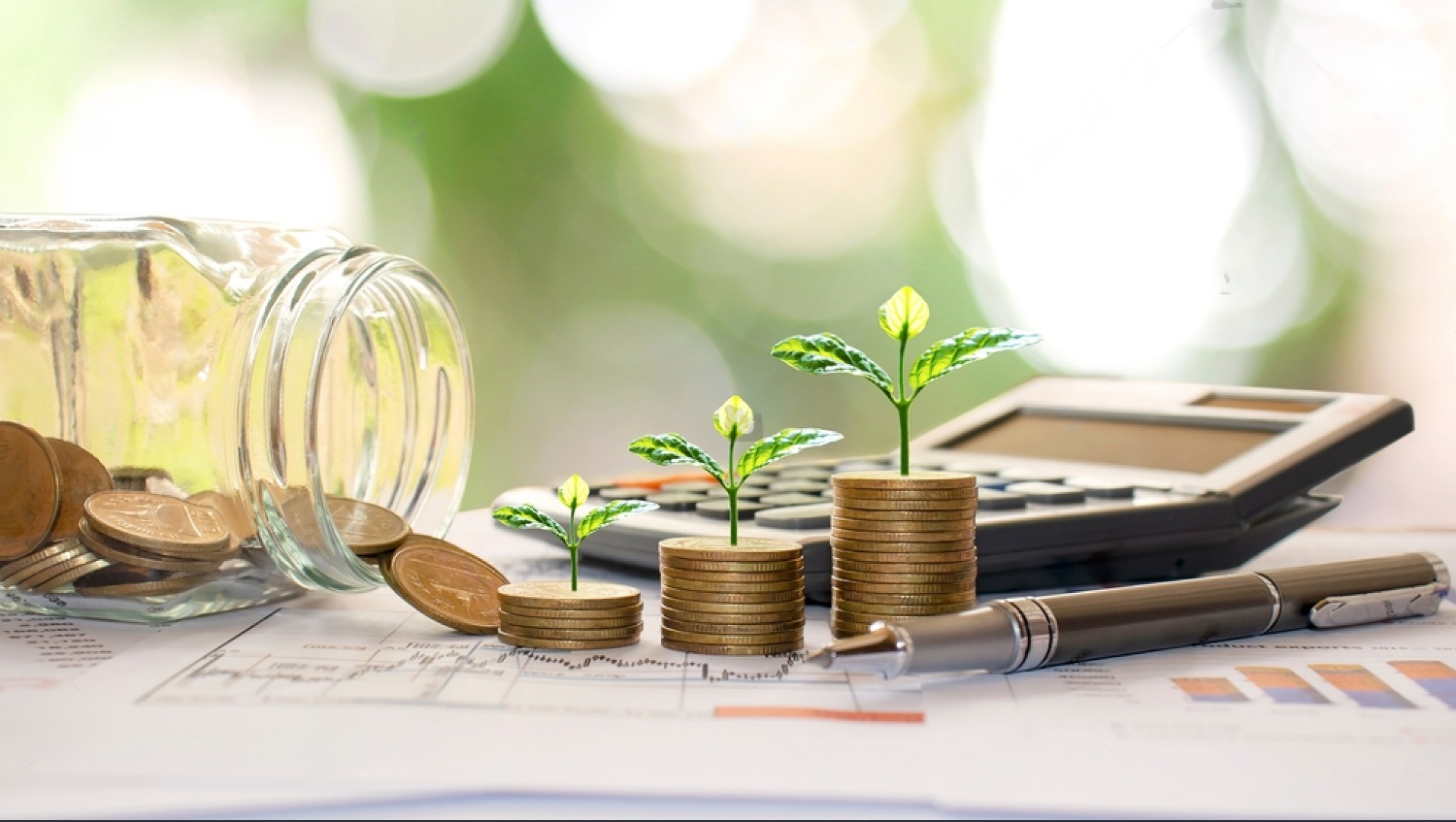In today’s world, sustainability is no longer an option for businesses, it’s a necessity. Climate change, unfair labor practices, and corruption are just a few of the issues that are now top of mind for CEOs. And as companies work to address these challenges, they are discovering just how much further they need to go to create a truly sustainable future.
To achieve a sustainable economy, businesses need to adopt new practices that will help them achieve step changes in their business while driving sustainability. In this article, we will explore the six trailblazers who are pioneering the future of sustainable business.
Thinking from the Future Back: Sustainability leaders will adopt a “future back” approach to create transformative ambitions. Instead of making incremental improvements, they will create a vision of what their future will look like in a sustainable economy and then craft an objective to fit that vision. Trailblazers like Tesla and Interface have already demonstrated this approach by adopting a mission to “accelerate the world’s transition to sustainable energy” and achieving “Mission Zero” by 2020, respectively.
Making Sustainability Irresistible: Over the next five years, customer loyalty and revenue generation will replace public reputation and cost savings as the primary drivers for sustainability action among leaders. Forward-thinking companies are expanding their reach beyond a niche group of customers by making sustainability part of a holistic value proposition. They are using innovation to create attractive product attributes, such as price savings, customer service, or performance that are complemented by sustainability.
Circular Economy: The linear “take, make, dispose” model of production is nolonger sustainable. Trailblazers are adopting a circular economy approach, which involves designing out waste and pollution, keeping products and materials in use, and regenerating natural systems. Companies like Patagonia and Unilever have already embraced the circular economy, which has helped them reduce their environmental impact while creating new business opportunities.
ESG Integration: Environmental, social, and governance (ESG) considerations are no longer a “nice-to-have” for investors. They are becoming a “must-have.” Companies are integrating ESG factors into their investment approach, and investors are increasingly demanding transparency and accountability in ESG reporting. BlackRock, the world’s largest asset manager, is one of the leaders in this area, having committed to investing only in companies that demonstrate a commitment to sustainability.
Collaboration: Addressing sustainability challenges requires collaboration across industries and sectors. Trailblazers are forging new partnerships and alliances to share knowledge, resources, and expertise. They are collaborating with NGOs, governments, suppliers, and customers to develop innovative solutions that can scale.
Systems Thinking: To achieve a sustainable future, businesses need to adopt a systems thinking approach. This involves understanding the interconnectedness of economic, social, and environmental systems and the impact of their decisions on these systems. Trailblazers are using systems thinking to identify and address the root causes of sustainability challenges, rather than just treating the symptoms.
Takeaway
In today’s world, sustainability has become an integral part of any successful business strategy. The need to focus on sustainable practices is no longer just an option but a necessity, and the trailblazers who are pioneering the future of sustainable business are leading the way towards a better tomorrow.
These trailblazers are at the forefront of adopting new practices that help them achieve step changes in their businesses while driving sustainability. By embracing a “future back” approach, they are anticipating future challenges and developing solutions that will help them stay ahead of the curve.
Furthermore, these businesses are making sustainability irresistible to their customers. They understand that consumers today are more conscious of the impact their choices have on the environment, and by making sustainability a core value of their brand, they are attracting loyal customers who share their vision.
In addition, the trailblazers are adopting a circular economy approach, which focuses on creating a closed-loop system that eliminates waste and promotes the reuse of resources. This approach not only helps businesses reduce their environmental impact but also creates opportunities for innovation and new business models.
Moreover, these businesses are integrating ESG (Environmental, Social, and Governance) considerations into their decision-making processes. They are recognizing that sustainability is not just about protecting the environment but also about promoting social equity and good governance.
Collaboration is another key element of these trailblazers’ success. They understand that sustainability is a collective effort, and by working together with other businesses, governments, and communities, they can create a truly sustainable future.
Finally, these businesses are using systems thinking, which involves considering the interconnectedness of various systems and understanding how changes in one system can affect others. By adopting this approach, they are developing holistic solutions that address complex sustainability challenges.
In conclusion, the trailblazers who are pioneering the future of sustainable business are leading the way towards a more sustainable and prosperous future. By adopting these new practices and approaches, businesses can not only reduce their environmental impact but also create long-term value for their stakeholders and the planet.
Regenerate response

